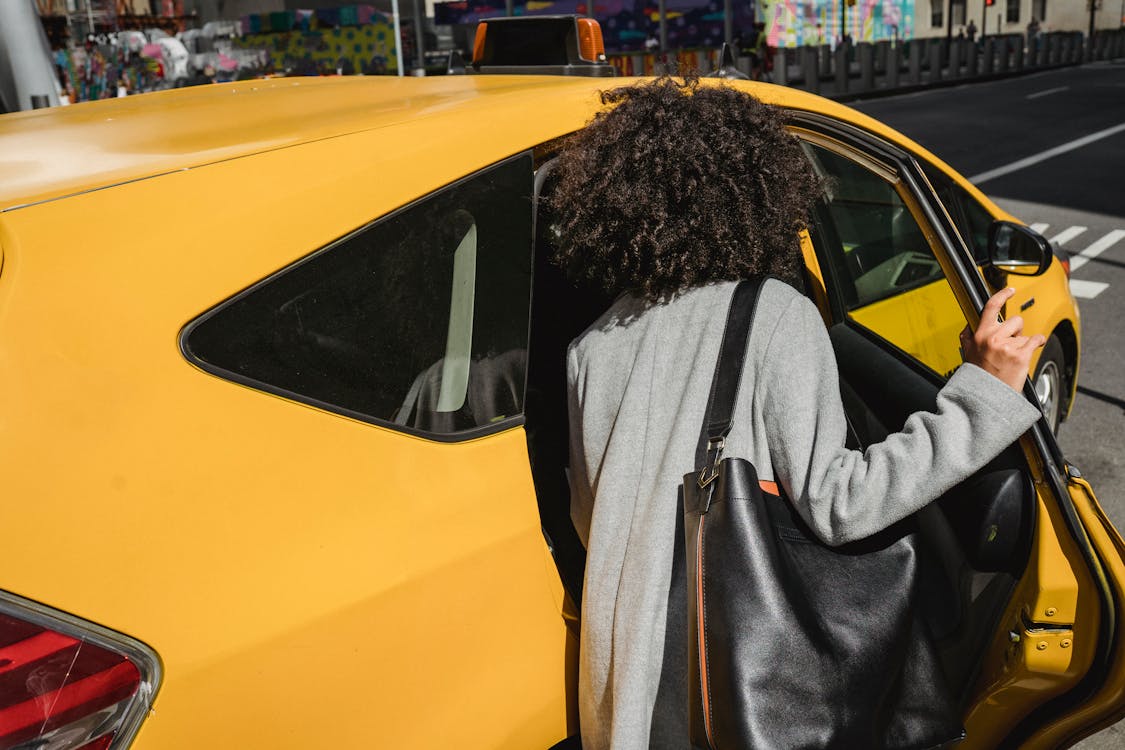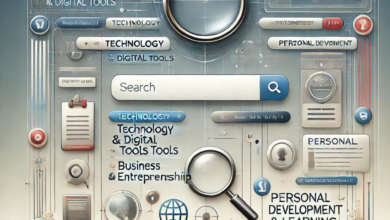Uber’s reputation continues to face mounting challenges. The sexual assault multidistrict litigation against the company has more than tripled, reaching a staggering 1,263 cases by September 2024. This alarming statistic shows the company’s ongoing struggle to address a crisis that has cast a long shadow over the ride-sharing giant.
In this article, we will examine the escalating trends behind this disturbing lawsuit surge.
Why Are People Filing Claims Against Ridesharing Companies?
Ridesharing apps like Uber and Lyft have become incredibly popular ways to get around in recent years. More than 150 million users used the Uber app at least once a month in just the final quarter of 2023. This marks a substantial year-over-year increase of 14.5% compared to the same period in 2022.
As per Statista, this growth highlights Uber’s position as one of the most widely used transportation apps globally. The company’s financial performance was equally impressive, with total worldwide revenue reaching $37.28 billion for the 2023 fiscal year.
While demand is high for these on-demand transportation services, some argue the companies have failed to adequately protect passenger and driver safety.
Many lawsuits allege that ridesharing businesses have not done enough to screen drivers, support victims of assaults, or make reporting incidents easy.
Claims of negligence center around insufficient background checks of drivers and a lack of emergency resources for those experiencing harm while using the apps.
Those filing lawsuits, such as the Uber sexual assault lawsuit, want to see policy changes. People are also pursuing personal injury claims seeking monetary damages for physical or emotional harm from assaults that occurred during rideshares.
If you have been the victim of a sexual assault, help is available. Consumer Notice says you can call the 24-hour National Sexual Assault Hotline confidentially at 1-800-656-4673. Alternatively, you can access their online chat for compassionate support and information about the next steps, such as reporting and healing.
Sexual Assault Survivors Push Uber for Increased Safety Measures
The outcome of these lawsuits could drive major changes to Uber’s platform. Survivors call for security features like in-vehicle cameras, more extensive background checks on drivers, and additional training.
However, Uber faces privacy concerns with cameras and pushes back on fingerprinting requirements. For its part, Uber notes its efforts to enhance safety but will not comment on pending litigation.
Technology sits at the center of this debate. As per TechCrunch, while Uber has introduced app tools like an emergency 911 button, survivors argue they do not go far enough. Rachel Abrams, an attorney, cites studies showing cameras greatly reduced assaults in taxis. She believes cameras would deter “predatory” Uber drivers from committing crimes, though Uber’s position on cameras is unclear.
The plaintiffs also want more robust screening of driver histories. Uber advocates against fingerprint checks due to potential inaccuracies and disproportionate impacts on minority communities.
Going forward, the consolidated lawsuits seek to establish Uber’s legal duty to riders and demand compensation. However, they may also drive policy changes that enhance rider protections industry-wide.
Filings Surge in Uber Sexual Assault Lawsuits
The number of cases in the litigation against Uber alleging sexual assault by drivers has seen a significant increase over the past few months.
As per TorHoerman Law, in August 2024, there were 387 active sexual assault cases filed against Uber. However, by September of that year, the number of cases had dramatically risen to 1,263 – reflecting a substantial surge in new filings.
This sharp rise in the number of cases being brought forth indicates that more victims are coming forward to seek legal recourse.
It also reinforces the ongoing need for stronger protective measures within the ride-hailing industry. This notable uptick in filing activity highlights the importance of consulting legal counsel. Potential victims or their families should seek legal advice if they believe they have endured sexual assault while using Uber’s services. Pursuing legal action may help remedy harm and prevent future assaults.
Efforts to Enhance Rideshare Safety
Amidst the rise of legal battles, regulators have taken steps to boost rideshare safety standards:
- Illinois revised laws removing liability protections for operators.
- U.S. President Biden signed legislation requiring government oversight reports on the issue.
- California enacted rules for assault prevention training, complaint procedures, and data reporting after allocating settlement funds for victim support.
- One proposal would mandate operators disclose assault allegations to local police.
These changes are aimed at strengthening training, vetting, reporting, and monitoring standards across the industry. Uniform processes and terminology are important to facilitate proper response and legitimate third-party oversight of companies’ protection efforts over time.
FAQs
- What is Uber’s policy on sexual misconduct?
A: Uber’s user policies strictly forbid any form of sexual harassment or assault during rides. The company emphasizes the importance of respecting personal boundaries. Users can report any concerning incidents through the app, either during or after their journey.
- Are there safety concerns for female passengers using Uber at night?
A: Solo rides, particularly for women during nighttime hours, can present certain risks. To enhance safety, passengers are advised to verify the vehicle’s license plate and opt for the rear seat. Additionally, they should ensure their mobile device is fully charged before the trip.
- What legal issues has Uber faced regarding passenger safety?
A: Uber is currently facing an increasing number of legal actions from riders alleging sexual misconduct by drivers. These lawsuits claim that the company’s driver screening and background check processes were inadequate, potentially putting passengers at risk.
Ridesharing apps have provided significant benefits to users. This troubling rise in sexual assault lawsuits highlights the urgent need for ride-sharing apps to take more systemic action to protect passenger safety. Victims deserve justice, and riders deserve peace of mind.
The outcomes of these lawsuits may force overdue changes that better balance convenience and accountability. But ultimately, creating an environment where sexual violence is unacceptable requires ongoing vigilance, transparency, and care. This is applicable both within private companies and across our society. The challenges are complex, but people’s well-being must remain the top priority.




